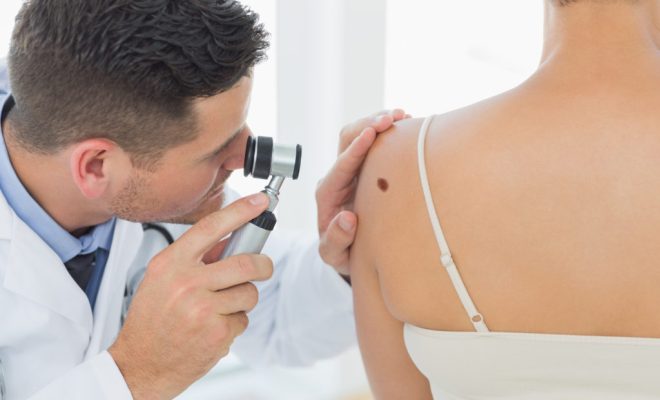Exploring Advanced Techniques for Skin Cancer Treatment

Skin cancer is a prevalent and potentially life-threatening condition that arises from the abnormal growth of skin cells. With the increasing incidence of skin cancer cases globally, researchers and medical professionals are continually exploring advanced techniques for its treatment. Traditional approaches for Skin Cancer Screening and Treatments like surgery, chemotherapy, and radiation therapy remain essential, but recent advancements have paved the way for more targeted and effective interventions.
Immunotherapy
One of the groundbreaking advancements in Skin Cancer Screening and Treatments is immunotherapy, a novel approach that harnesses the body’s immune system to combat cancer cells. Immune checkpoint inhibitors, such as pembrolizumab and nivolumab, have shown promising results in treating advanced melanoma, the deadliest form of skin cancer. These drugs block certain proteins that inhibit the immune system, enabling it to recognize and attack cancer cells more effectively.
Targeted Therapy
Targeted therapy focuses on the specific molecular and genetic characteristics of cancer cells, allowing for more precise and tailored treatment. BRAF inhibitors, such as vemurafenib and dabrafenib, target mutations in the BRAF gene commonly found in melanoma. Combining BRAF inhibitors with MEK inhibitors has demonstrated improved outcomes, reducing the risk of resistance and enhancing overall therapeutic efficacy.
Photodynamic Therapy
Photodynamic therapy (PDT) is a non-invasive treatment that utilizes photosensitizing agents and light to destroy cancer cells. This technique has shown promise in treating certain types of skin cancer, particularly superficial basal cell carcinoma and actinic keratosis. PDT selectively targets cancer cells while minimizing damage to surrounding healthy tissue, making it a valuable alternative to more invasive procedures.
Electrochemotherapy
Electrochemotherapy combines the use of chemotherapy drugs with electroporation, a technique that increases cell membrane permeability using electric pulses. This allows for better drug absorption by cancer cells, enhancing the effectiveness of chemotherapy. Electrochemotherapy has demonstrated success in treating non-melanoma skin cancers, providing a localized and targeted approach with fewer systemic side effects.
Nanotechnology in Drug Delivery
Nanotechnology has emerged as a promising avenue for improving drug delivery in skin cancer treatment. Nano-sized drug carriers, such as liposomes and nanoparticles, can enhance drug stability, increase penetration into cancer cells, and reduce systemic toxicity. This approach holds potential for improving the delivery of both conventional chemotherapy drugs and newer targeted therapies.
Robot-assisted Surgery
In the realm of surgical interventions, robot-assisted surgery has become an advanced technique offering increased precision and minimally invasive options. Robotic systems enable surgeons to perform complex procedures with enhanced dexterity and visualization. This approach can lead to reduced scarring, quicker recovery times, and improved cosmetic outcomes for skin cancer patients undergoing surgery.











